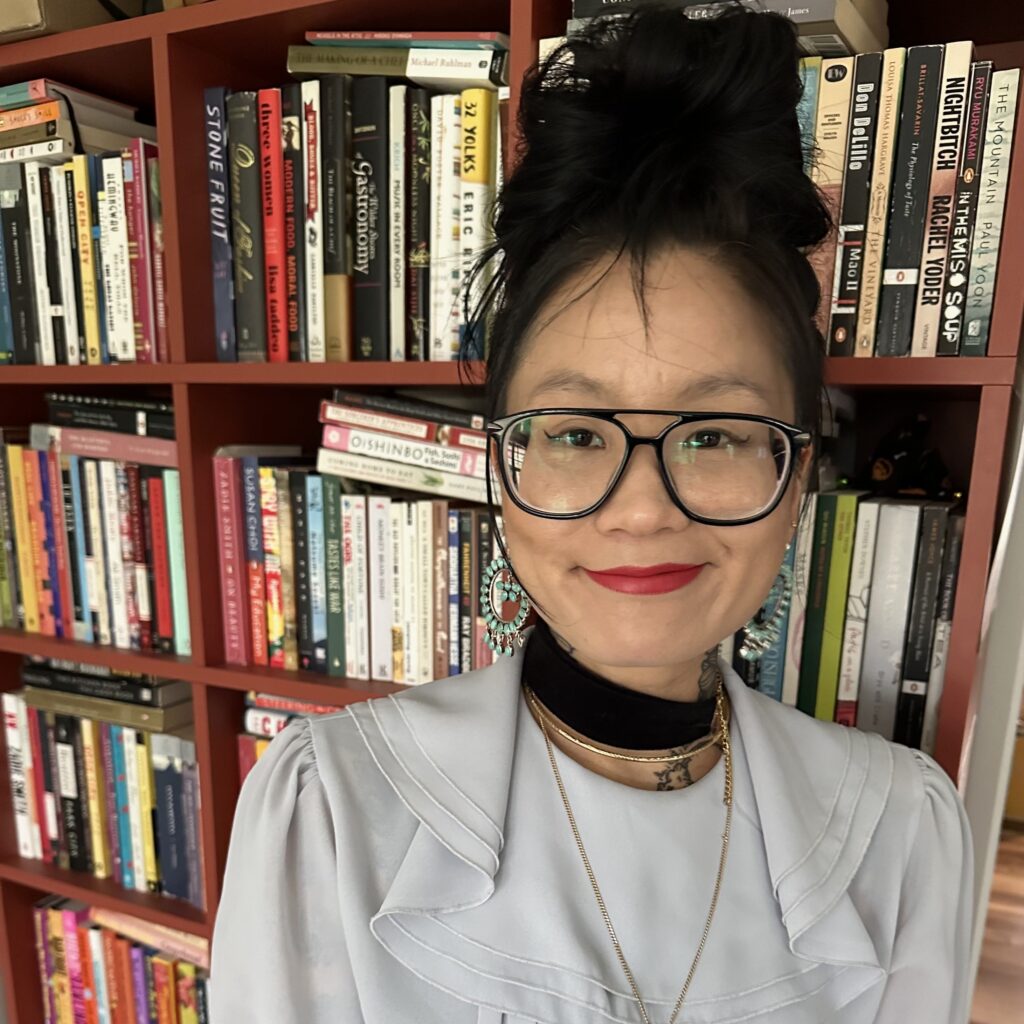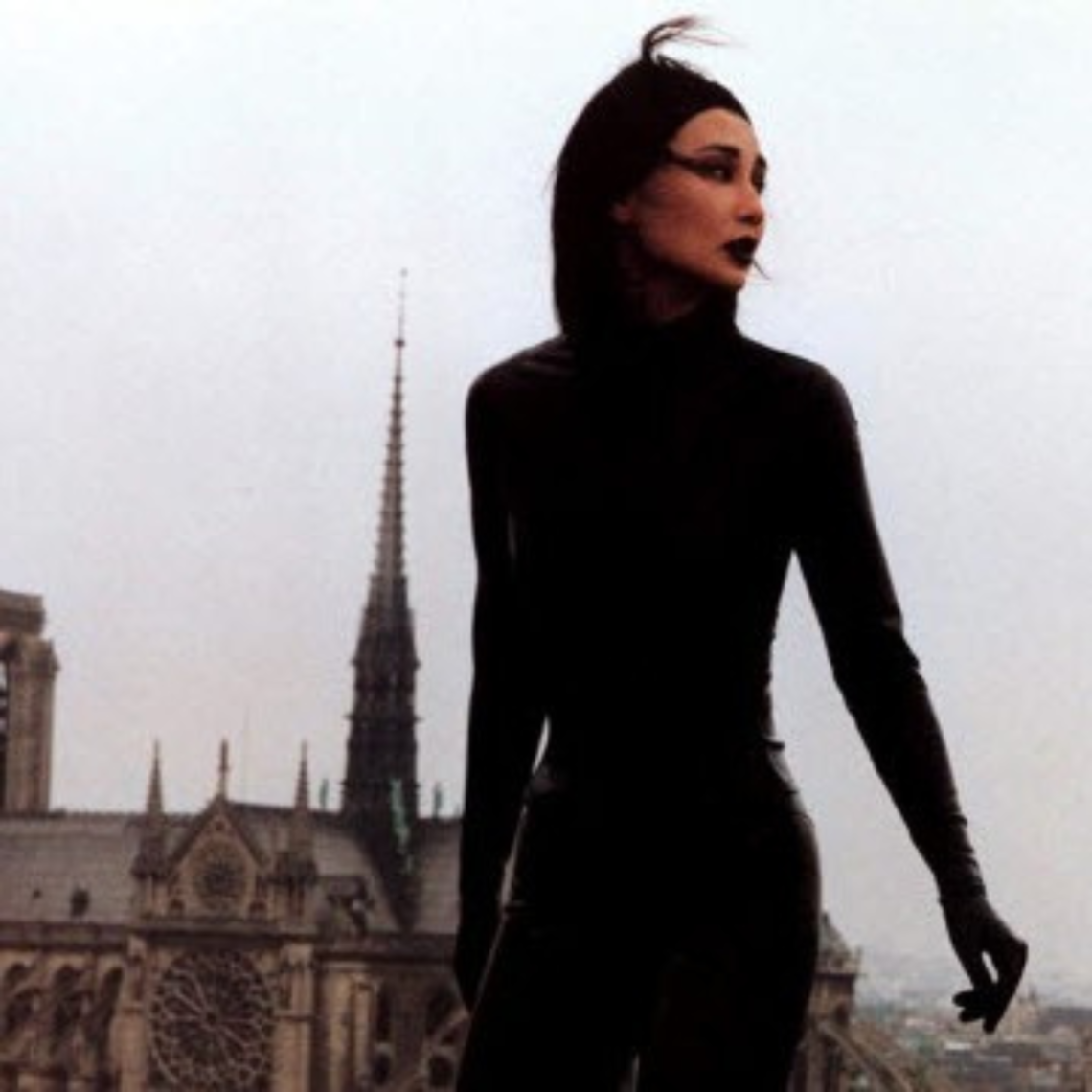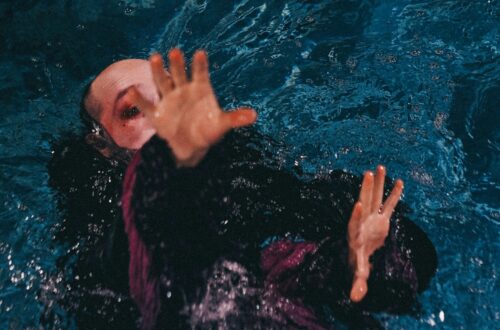Anna Nguyen
After Lauren Berlant, perhaps
Someone once asked me when was the last time I went to the movies.
2014, I think. Or, no, it must have been 2015. When I was still in Boston, before leaving for Montreal.
The last film I saw in the theater, in downtown Boston, was Hou Hsiao-hsien’s The Assassin. It would be his final film before officially retiring in 2023. He has been diagnosed with Alzheimer’s disease.
The room was packed, nearly all of the seats were taken. Half an hour into its running time, a few people left. All white people. I caught the eyes of an Asian couple who also noticed the movement. All three of us shrugged.
***
The other time I watched a sumptuous wuxia film at the cinema was in 2008. I was still living in Arkansas. Wong Kar-wai had re-released Ashes of Time, an ambitious attempt at providing an origin story for Jin Yong’s famous serial The Legend of the Condor Heroes. Years earlier, I had purchased a bootleg DVD online. The subtitles were out of frame, difficult to read. But I kept watching it for many consecutive days for many months. Once Má mumbled, what a confusing movie. Watch the TVB show instead. It’s more entertaining. We can both enjoy it.
The redux version was a bit too yellow, too jaundice-like, hurting my eyes. Some scenes were omitted. Yo-Yo Ma’s cello solos seemed too dramatic, too sonically manipulative.
But I kept returning to the little shabby cinema. I kept returning until the movie quietly left two weeks later. I was the only attendee. People always left. Someone told their friend that the story was too confusing.
And so I sat alone, watching Leslie Cheung, Tony Leung, Carina Lau, and Maggie Cheung on the screen, actors I grew up watching on TVB shows produced in the 1980s. They were always dubbed. Their voices were never consistent. I wouldn’t hear their actual voices, in Cantonese or Mandarin, until sometime in high school. When I realized that there were films that were never dubbed and never available at the local Vietnamese rental shop.
***
Greta Lee said Maggie Cheung was the inspiration for her role in Past Lives, a film that relies on diasporic sentimentalism.
In yet another retrospective on Maggie, the author cites a quote from Lee who quipped she’d love to convince her to come out of retirement and film together.
Maggie famously retired after Clean was released in 2004. She said she felt like her acting career was finished. A rare but noble statement.
But the hold of nostalgia grips many people. Nostalgia has become a vibe and an aesthetic that is largely apolitical. The way they talk about Maggie’s absence is shrouded in romantic mystery.
She has simply stopped appearing in films.
Maggie’s career was a reflection of Hong Kong, before and after the 1997 Handover. She had worked in what was then a local industry.
This industry no longer exists.
I stopped watching newly released TVB shows. I don’t recognize the stories anymore. I grew up watching working class families in Hong Kong. Now everyone has suddenly become unapologetically capitalist.
Maggie has not altogether disappeared from the public eye. I saw a recent advertisement for Olay. I saw some photos of her at a fashion show. Sometimes the Chinese media will capture her.
She has simply stopped appearing in films.
Many writers and admirers allude to her very extensive filmography, but we cite and recite the very few that have been universally-acclaimed.
Universality can be a form of erasure.
***
WKW’s films have been diluted to mean mood and aesthetic. Fashion magazines talk about Maggie’s wardrobe consisting of 22 cheongsams, but beehives and wardrobe are but shallow aspects of the 1960s. There are strategic traces of political commentary in what many perceive as a love story.
Room number 2046 is significant. It is a 50-year promise by China that Hong Kong could remain independent after the handover in 1997.
When I was still living in Europe, I was tattooed by a Hong Kong artist in Spain. We were talking about the protests. There is no more Hong Kong, they said gravely.
As In the Mood for Love nears its end, before we see Mr. Chow in Phnom Penh, there’s a title card:
“That era has passed. Nothing that belonged to it exists anymore.”
***
I once hosted a WKW film night at a boyfriend’s house. We began with In the Mood for Love. I then played Ashes of Time, the raw bootleg version. It’s rare that I play the redux version.
He nodded off several times. He said he couldn’t keep track of the characters.
There are eight main characters.
When he began watching the Lord of the Rings show on Amazon, I asked him how he could possibly keep up with all of the cast.
***
I was packing up my books for our big Transatlantic move.
As I packed, my partner gifted me the Criterion Collection of “The World of Wong Kar Wai.”
There are seven films included. Ashes of Time is not one of them.
***
White people love talking to non-white immigrants about food. A boyfriend once raved about phở. He hadn’t ever tasted a bowl until we dated.
He said it again, this time to Ba.
I love phở.
In Vietnamese, Ba venomously said he hated phở, a direct sentence that shocked my boyfriend when I quietly translated the three words. The look on Ba’s face was one of disgust.
He didn’t hate phở. He hated Má.
***
The boyfriend gave me copies of Onra’s Chinoiseries mixtapes. He used to visit those hipster music sites that loved Onra, a French hip-hop producer.
Based on a short biography, his father has Vietnamese relatives. In 2006, Onra traveled to Vietnam to explore his father’s ancestry. During his trip, he found a lot of old vinyl at flea markets. And so he vivisected the lovely theatrical Asian music and added boom-bap beats.
The boyfriend gave me two of three series. The last collection would be released in 2017. All three feature 32 songs. A track never amounts to more than three minutes.
I used to listen to the first two albums often, in the car, driving around by myself in Arkansas. Very rarely did I actually hear Vietnamese in these short tracks. Onra must have found a lot of Chinese records.
***
From Chinoiseries (2008), Pt. 1:
“Eat Dog” features a conversation in poorly-dubbed English. It must have come from a kung fu film, one of the many my family and I consumed in the 1990s.
“Last Tango in Saigon” and “I Wanna Go Back” are captivating and wistful, evoking an imagined nostalgia.
“What Up Duyet” and “Bounce” sample cải lương. “What Up Duyet” features the spoken part. “Bounce” features actual singing. I think one of the performers is Lệ Thủy.
***
From Chinoiseries (2011), Pt. 2:
“Stay With Me” opens with a singer trying to sing in English: “even you don’t love me now, stay with me, never go away…” Onra then abruptly interrupts the lyrics with a hip hop beat. But the singer’s faded voice is audible. “My darling” and “stay with me” are repeated. The song ends with a loud “stay with me!”
I sing these few lyrics aloud. Sometimes to myself, sometimes to my partner.
“Opium Delirium” reminds me of the tapes my parents used to play. The song begins with a lady speaking in Vietnamese, referencing the production company: “Chương trình Cali music, số hai.”
I’ve heard variations of this introduction in many of my parents’ tapes. Different voices, different productions, different songs.
***
My partner and I were waiting for a train. We had been living in Montreal for just a few days.
A South Asian man suddenly emerged and stood much too closely to me. I stepped away. He followed.
He only spoke to my partner. He asked how my partner managed to land a girlfriend like me when he couldn’t even find a girl that looked like him. He didn’t look at me but pointed at me.
My clueless partner really did not understand the question. He kept asking what this stranger meant.
I interjected. He’s asking how did you, a white guy, land an Asian woman. And then I ignored them both until the train arrived on the platform.
My partner made excuses for this stranger. He must have been drunk.
I didn’t think so.
***
Maggie met her ex-husband on the set of Irma Vep, a slick film about the West’s obsession with Hong Kong’s martial arts film industry. French cinema was enduring a crisis, and René Vidal, an auteur from a different era, can no longer make an interesting picture.
Vidal thinks there is something special about Maggie. When she lands in Paris, they watch clips of a Johnnie To-directed flick called The Heroic Trio. Maggie stars alongside renowned action star Michelle Yeoh and the late Anita Mui. Vidal thinks Maggie can save his flailing career.
Much later, in a different scene, a French journalist mistakenly says she’s worked with John Woo. She corrects him. He doesn’t listen.
She also says she finds it difficult to perform stunt work. She says she is not an action star.
He doesn’t listen. He asks her if she’s watched French films. She says they are typically unavailable in Hong Kong.
Maggie, the character in Irma Vep, treats acting like a technical job. She doesn’t analyze her work.
I remember reading on the forums how Maggie betrayed her fans in China. Because she married a white man.
These vignettes and fragments are part of a larger manuscript, titled Cruel Sentimentalism, which is part media analysis, part family stories told through media, part critique on identity and nation–states, part critique on language, part critique on how whiteness consumes the other.

Anna Nguyen had been a displaced PhD student for many years, in many different programs and departments at many different universities in many different countries. She decided to rewrite her dissertation in the form of creative non-fiction as an MFA student at Stonecoast at the University of Southern Maine, which blends her theoretical training in literary analysis, science and technology studies, and social theory to reflect on institutions, language, expertise, the role of citations, and food. She also hosts a podcast, Critical Literary Consumption, which features authors, poets, and scholars discussing their written work and their thoughts on reading and writing practices. Find her @anannadroid on Twitter and Instagram.
Featured photo: Maggie Cheung in Irma Vep (1996)





